6 Myths about Japanese Women
Common misconceptions of Japanese females which might not be true
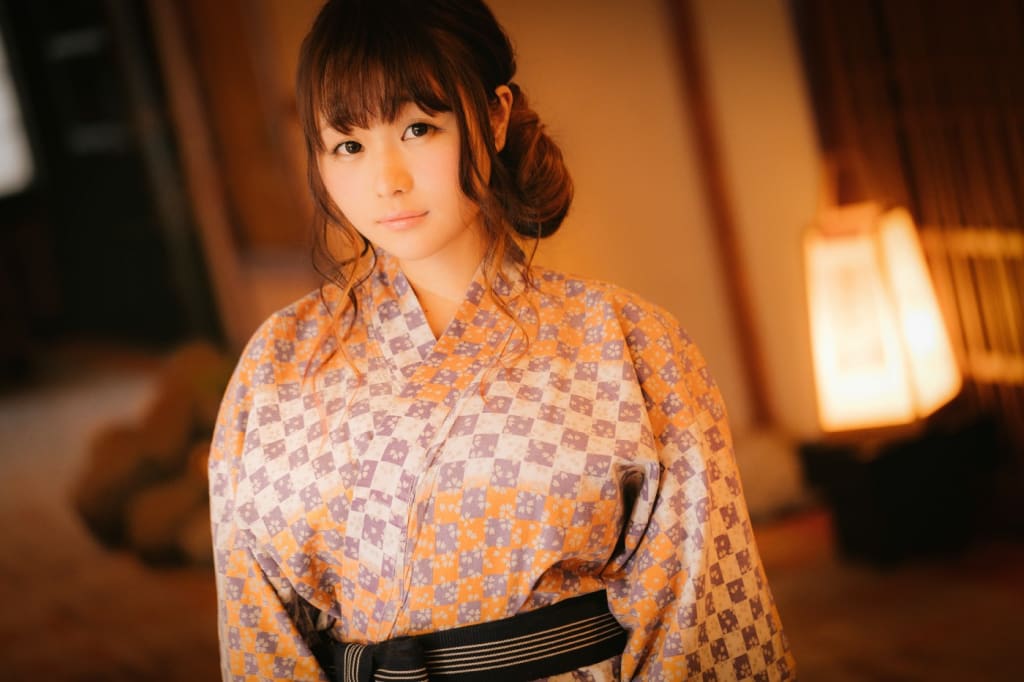
Note: I am not Asian, nor am I a female so pardon my mansplaining. As a visible minority living in Japan for 15 years, these are some of the stereotypes or myths I have heard about, witnessed, or been told by Japanese people.
Having dated Japanese women, currently being married to a Japanese woman, and constantly interacting with Japanese women at work, with friends, or out and about, I feel these misconceptions greatly hinder the relationships we create. Talking to foreign men and women in Japan, I also feel we sometimes continue to believe these stereotypes.
I think each person is unique and each individual possesses their own distinct traits, some of which might or might not be part of these myths. Just because an Asian woman is polite, it doesn’t mean all Asian women are polite, and so on.
Something that Japanese people call honne, tatemae, will be a recurring theme in all of these six sections. Honne, means your true self, while tatemae, means how you present yourself outwardly. Almost like a mask that Japanese people wear when dealing with people. This hiding of their true self or feelings might be the reason why these myths of Japanese women have been spread and believed around the world.
Now that we’ve cleared the air and excused myself for my manhood, here are six myths about Japanese women that I have come across in my time in Japan.
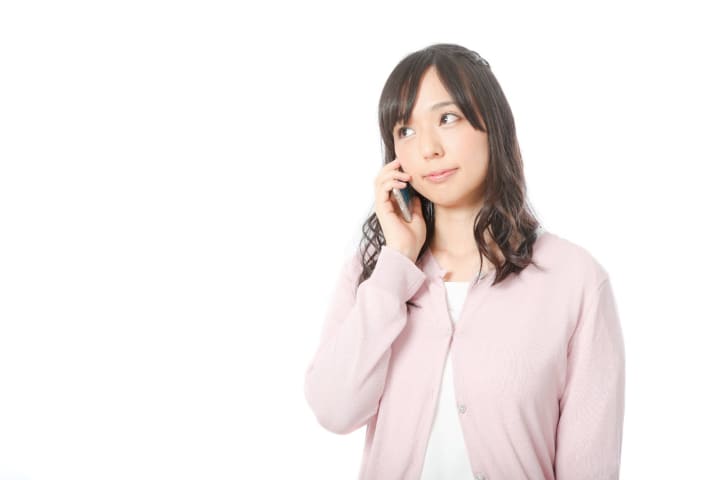
They are Shy and Polite
Most people are shy and polite when you first meet them. As you get to know them and they warm up to you, people start sharing their true feelings, showing their unique traits, and expressing their opinions more vocally.
But Japanese women tend to keep the shy and polite front for much longer than other women perhaps. In Japanese society, especially in the workplace, Japanese women who have quiet, high, and cute sounding voices that match their perfect hair and make-up, tend to be seen as the perfect Japanese woman.
Even out and about, women who dress well, carry themselves elegantly, and are seen more than heard, are admired by men. But when they are with friends or family and no one is looking, these same quiet, polite women are quite loud and opinionated.
Unlike the expectation that Japanese women will bow and follow the lead of their husband, boyfriend, or father, most have their own ways of doing things and refuse to be told what to do. Maybe outwardly some Japanese women might respect and adhere to their husband or boyfriend’s will, but in reality, it’s usually the women who are aggressive and controlling in a relationship.
Being shy and polite has been ingrained in the Japanese culture for decades and the roles of boys and girls in Japan are pushed on to children from a young age. Even with the recent acceptance of LGBTQ+ and gender fluidity, the roles of men and women continue to be pushed strongly by schools, parents, and society.
Some Japanese women truly are shy and polite, but most are playing the part that society expects them to play. Behind closed doors and with people that are close to them, Japanese women can be quite strong and blunt. If you are looking for a delicate flower, you might have to look elsewhere.
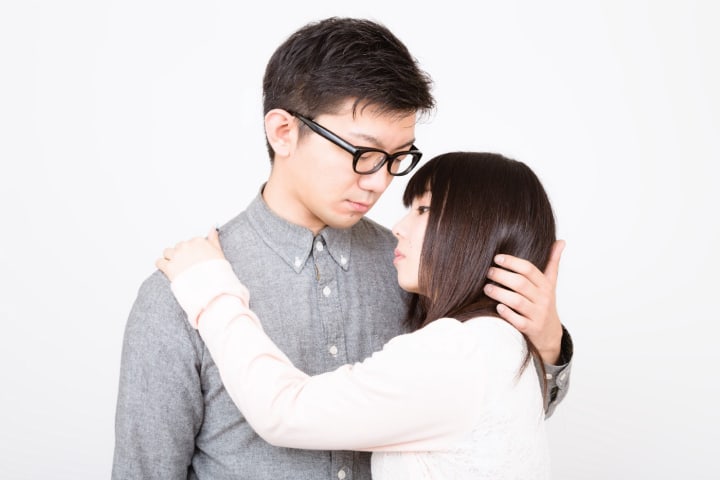
They are Loyal and Supportive
Although these are positive traits and many women and men attain to be loyal and supportive to their partners, friends, or families, the myth that all Japanese women stand by their men and support their families is not exactly true.
In terms of relationships, much like in the US, the divorce rate is quite high. According to factsanddetails.com,
“About one in three Japanese marriages end in divorce, four times the rate in the 1950s and double the rate in the 1970s. The divorce rate has slowed, partly because fewer couples are getting married to begin with.”
Also, according to Japan Today,
“Married women were more than twice as likely to cheat as married men, 38.5% to 18.1% respectively. Unmarried women were more likely to cheat on their boyfriends, with rates spiking as they reached their 40s.”
Whether this was always the case or is a newer trend, Japanese women are much more likely to cheat not only because they can, but because they don’t feel they need to be loyal or supportive to someone who is not satisfying their needs in a relationship.
Whether it is sex, boredom, lack of communication, or connection, Japanese women are not afraid to dabble in adultery. Japanese women also tend to be quite independent and focused on their careers, interests, or goals. They are looking for someone who can enhance their lives and move forward together. If they feel they can have a better life alone or with someone else, they will restructure their relationships to fit those goals.
Basically, don’t expect a Japanese girl to stay with you if you have nothing to offer or don’t enhance her life in some way.
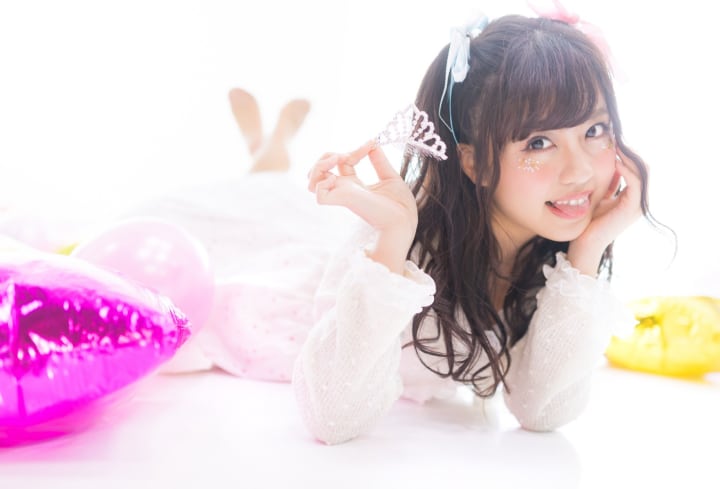
They are Exotic and Kawaii(Cute)
I guess this depends on the person’s culture and tastes, but usually, Japanese women are seen as exotic and cute beings similar to a rare animal or fruit. If you are Asian, then maybe Japanese women are not as exotic but might still possess “kawaii” qualities that differ from the women in their own country.
For Europeans and North Americans, Japanese women are seen as slim, porcelain-skinned creatures with long black hair, almond eyes, colorful clothing, and anime-like voices. Those who visit Japan and watch Japanese television will find that these Japanese girls do exist.
In fact, going to cosplay events, Akihabara maid cafes, and concerts you will find this stereotype in play as many Japanese girls will dress up in cute schoolgirl outfits, idol wear, and strange fashion trends called Lolita.
These girls will pack on make-up and accessories to look like anime characters. They will wear wigs, fake eye-lashes, and fake nails, and put on fake voices that are a few octaves above their real voice to play the part.
Unfortunately, many people who visit Japan or see these girls on television or YouTube don’t realize this is all just a show much like dressing up for Halloween. The reality is that Japanese girls don’t have perfect skin, exotic fashion, and kawaii voices on a regular day. At home, they are like all other men and women. They wear sweat pants, burp, fart, and veg out on their couch with their smartphone.
The male fantasy of the big-breasted, slim-waisted, doe-eyed Japanese girl with the squeaky voice is unfortunately just a fantasy. The reality is that Japanese women are just that, women. They have their quirks, flaws, and insecurities.

They are Healthy and Petite
Although most Asian countries ranked low on the world obesity scale with Japan coming in 157 out of 200, this does not mean Japanese people are healthy in general. Luckily, Japan is blessed with ample food, clean water, and is a wealthy country making access to medicine and medical care available.
Life expectancy is one of the highest in the world as well. The Japanese diet, and natural resistance to many diseases that plague the West, have made the image of Japan as one with the healthiest lifestyles in the world.
With such good statistics, this should mean that Japanese people are healthy and fit. And from movies and pop culture, the idea that Asian people, especially women are small is also thought to be true.
Once again, there are healthy and petite women in Japan, but there are also not. The average height of the Japanese female is 159 cm or 5’2”. Although this is slightly less than countries like America, Australia, or places in Europe, it is the average height of females worldwide.
In fact, many women in areas of Africa, South and Central America, and South Asia have averages lower than that of females in Japan. So Japanese women are generally on the taller side compared to these areas.
In Japan, portions of food are smaller and there are many more varieties of healthy vegetables and foods, but lots of Japanese foods include a lot of salt, sugar, and fat. Japan also has many Western fast-food restaurants and cafes like McDonald’s, KFC, and Starbucks as well as Japanese fast-food franchises like Yoshinoya, MOS Burger, and CoCo Ichiban Curry.
Japanese people also tend to work long hours and commute long distances for work so don’t get as much sleep as they should. Busy and out and about, food schedules and content is not always the healthiest. The amount of stress also takes a toll on both physical and mental health.
Though most Japanese people aren’t obese and look slim and healthy, time for exercise, going to the gym, doing physical activities, and getting fresh air is limited. The lack of physical activity, surmounting stress, and bad eating habits create an unhealthy lifestyle despite outward appearance.
Doctors in Japan explain, “Restricted calorie consumption is slowing down their metabolisms, the average birth weight of their babies is declining, and their risk of death in case of serious illness is rising.”
Once again the image presented by Japanese women might show them as healthy on the surface, but internally there might be some serious malnutrition and damage to their bodies.

They are Obsessed with Whiteness
Unfortunately, this might be one of the myths that are true. Also, when we say obsessed with whiteness, there is a differentiation between being obsessed with light skin and with the obsession with Caucasians.
For generations, Asians have upheld the idea that those with darker skin are from the working class, lower in ranks, and usually come from a background of poverty. In contrast, those with lighter white skin are upper-class individuals, have a wealthy background, and have the privilege to stay out of the sun and avoid outdoor work.
Along with this idea of whiteness, after World War II, with the US occupying Japan, and a lot of North American and European culture seeping into Japan, many people were obsessed with whiteness and Western beauty standards.
Caucasian features, like the lighter eyes, hair, and skin, meant the more beautiful you were. This concept created a system where Caucasians were put up on a pedestal and were sought after. Many women flocked to men who had blonde hair and blue eyes in hopes that they could create children who possessed these Caucasian traits.
The term “hafu” which means half-Japanese and half-foreigner is considered an advantageous trait that enhances the chances of the person to have a successful, wealthy, and happy life. And although this idea is slowly shifting, it is still prominently believed.
Not only in Japan, but in many Asian and South Asian countries, there are creams, cosmetics, and alterations made to make you look more white. Lightening skin products are a huge industry in many countries like India, Thailand, Korea, and Japan.
That being said, despite the continued worship of whiteness, recently there has been a wave of Japanese women who are obsessed with looking more Latino or Black. With pop culture icons like Beyonce, Jennifer Lopez, and the Kardashians, some Japanese women aim to darken their skin. Influenced by hip hop music and “black culture”, Japanese women tan their skin, wear dark make-up, change their hairstyles, and dress in urban wear.
Also, with the West’s new love for everything “Asian”, many Japanese women are instead accentuating their Asian-ness to look even more stereotypically Asian. Where whiteness used to be ideal, now the trend to look more Asian has emerged in the West making Japanese women revert back to highlighting their Asian beauty.

They are gold diggers
If you have ever come to Japan, you will notice the love of brand names and image. All the world’s most expensive and exclusive brands like Luis Vuitton, Prada, Hermes, Armani, Tiffany’s, Gucci, Chanel, etc. are all on display in Japan.
The interesting thing is that it’s not just elite, wealthy Japanese women who wear or purchase such expensive luxury brands. Regular women and even high school girls buy and consume these world-class brands.
The myth that Japanese women are shallow and will do anything from brand name products seems to come from the idea that Japanese women use their bodies and sexuality to get men to pay for these items. This might be true for some Japanese women. For example, hostesses, are women who work at a hostess bar where rich businessmen come to drink and flirt.
The job of these women is to lure these rich men, drink with them, flirt with them, feign attraction, and in turn receive money, gifts, and return customers. These women might be what we call gold diggers, as they are simply playing the role of a woman attracted to a man in exchange for money and gifts.
But unlike these women, most Japanese women are not gold diggers. In fact, many of them have second jobs, part-time jobs, or sacrifice spending money on other things in order to buy luxury items.
Many high school girls and university girls in Japan spend their free time working part-time at a restaurant, mall, or office so they can use their income to buy fashionable clothes and accessories.
Also, in my experience, many Japanese women spend their own money when going out and even pay for their boyfriends or husbands. Most Japanese women spend money buying their significant other expensive gifts rather than expecting their men to pay their way for them.
Once married, it’s also popular for the women to take over both of the couple’s finances, pay all the bills, manage the money, and save for the family. Rather than expect to marry rich and spend all day shopping and living the highlife, most women ensure that money is used properly and are quite frugal.
Dressing well and having brand names are more social status and something that is part of the Japanese culture. Women using their sexuality to rob men of their finances is not popular for the average Japanese woman. They want to look good and have good things, but not at the expense of deceiving men.
As you can see, this list also has traits that could be stereotypical not just for Asians, but for women all over the world. The gender differences have created a divide by which people of one gender have been grouped into a category and assumed to be the same.
Similarly, this list could also include stereotypical viewpoints of men. For example that all white men have yellow fever and are looking for a submissive Asian woman to marry. Though these stereotypes might fit some people, the aim of the article is to show that everyone is different and shouldn’t be lumped into a category until they earn that place.
Some men do have yellow fever. Some women do only fawn over white men. As long as we don’t assume all women or men do that, having an open mind allows people to express themselves without the fear of being labeled as something they are not.
This article also appears here: https://s-a-ozbourne.medium.com/6-myths-about-japanese-women-3561ce13c23a
About the Creator
S.A. Ozbourne
A writer with no history or perspective is a paintbrush with no paint!


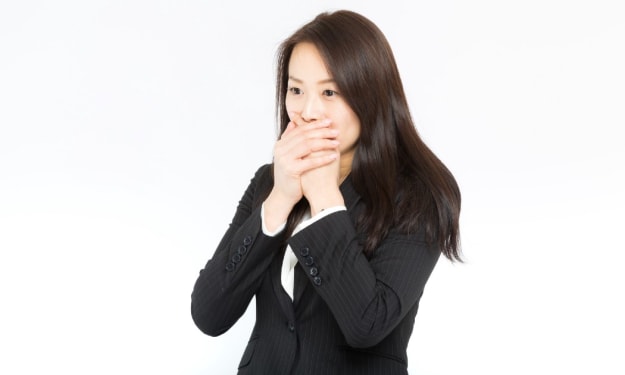



Comments
There are no comments for this story
Be the first to respond and start the conversation.